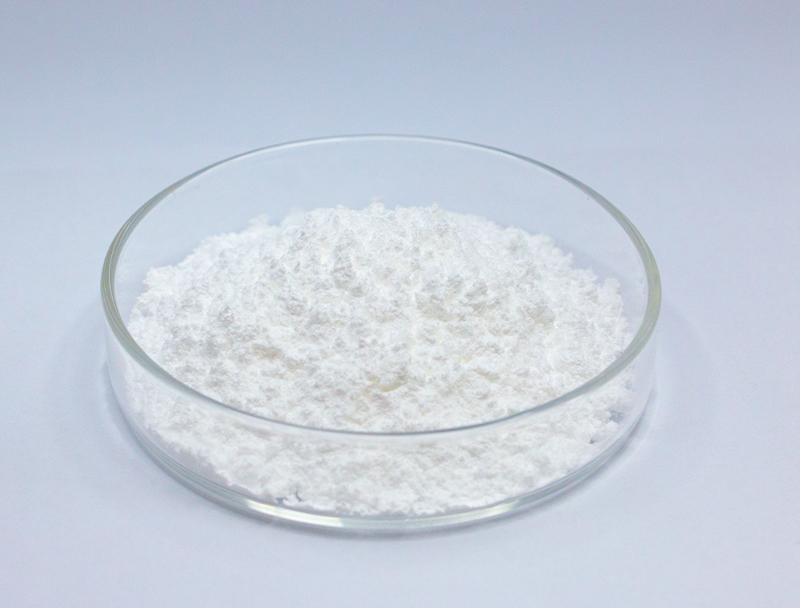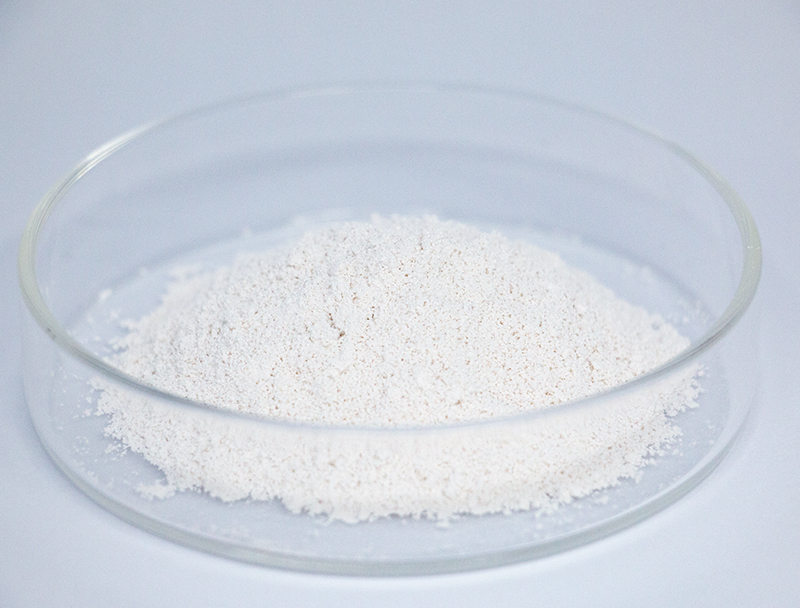
Advanced biosystems are built around an extensive collection of substrates to yield progressive bio-based commodities.
Guaranteeing the sustainable sourcing of these resources underpins enduring viability and ethical market growth.
an array of drawbacks from conventional supply chains like ecosystem disruption and unsustainable harvesting. Hence, stakeholders must deploy sustainable supply practices to minimize environmental costs.
- Situations demonstrating ethical sourcing encompass:
- Using repurposed agricultural residues as substrates
- Adopting looped production models to decrease loss and amplify reuse
- Building relationships with nearby vendors dedicated to moral sourcing
The transition to greener sourcing offers both planet-friendly outcomes and business advantages.
Improving Biomass Inputs to Boost Biofuel Yields
Enhancing biofuel output is grounded in superior feedstock characteristics. Research teams persist in studying techniques to boost feedstock performance, creating higher productivity and an eco-friendlier fuel landscape. Tactics include molecular breeding to increase biomass and chemical or physical pretreatments to release sugars.
- Similarly, research probes algae, byproduct streams, and harvest remnants as potential sustainable sources to augment biofuel feedstocks.
- With persistent development the field will likely demonstrate notable gains that foster a more sustainable energy system.

Enhanced Upstream Strategies for Biopharmaceutical Yield
includes primary operations from inoculation through cell collection Current advancements have streamlined operations and improved bioproduct yields.
Significant developments incorporate advanced biological platforms, tailored medium blends, and precision reactor engineering. These advances improve throughput while lowering both operational expenses and ecological footprints.
- Similarly, continuous process trends grant superior flexibility and refined control across production stages.
- This move toward intelligent production systems is expected to reshape the industry and hasten drug development.

Precision Genomic Tools Enhancing Biopharmaceutical Yields
advances in genomic editing tools including CRISPR have transformed therapeutic manufacturing. Via deliberate gene edits, teams amplify protein expression for higher yields. This approach holds immense potential for developing more efficient and affordable biopharmaceuticals to address a wide range of diseases.
Using Microbial Systems for Site-Specific Remediation
progressive microbe-based cleanup tactics that mitigate industrial pollution. Microbial communities can biotransform hazardous materials into lower-risk substances. Employing microbial processes facilitates remediation approaches that preserve ecosystem integrity while reducing pollution.. Researchers screen diverse microbial taxa for metabolic pathways suited to remove heavy metals, pesticide residues, and hydrocarbon contamination.. These microbes operate in engineered systems or direct environmental applications to metabolize and remove contaminants.
Biotechnology-driven remediation delivers notable upsides compared to conventional cleanup tactics. This method provides a low-cost, low-waste alternative to conventional remediation. Additionally, microbial tactics can target contaminants selectively while preserving surrounding ecological systems. Ongoing innovation aims to boost the throughput and efficacy of microbe-driven remediation approaches.
The Role of Bioinformatics in Drug Discovery and Development
Advanced informatics contributes significantly to today’s drug research environment. By analyzing biological data to select and improve leads, computational methods support efficient drug development.
- Through evaluating comprehensive genomic, proteomic, and clinical data, teams detect novel targets and predict drug action.
- Moreover, bioinformatics contributes to drug design by simulating the interactions between drugs and their targets, ultimately leading to the development of more effective drugs.
- Finally, data-driven informatics is changing drug development and hastening patient access to effective therapies.
Pathway Engineering for Greater Bioproduct Yields
utilizes multiple approaches to enhance production of desirable bioproducts in cells. Strategies involve pathway refactoring by genetic modification, expression modulation for balanced flux, and grafting of novel genes to add capacity.. By refining pathway flux and regulation engineers can significantly raise bioproduct production.
The multifaceted strategy promises to reshape sectors like biotech, agritech, and renewable fuel industries.

Challenges and Opportunities in Scaling Up Biopharmaceutical Production
Scaling up biopharmaceutical production presents both significant challenges and exciting opportunities. One major challenge is maintaining consistent product quality at increased scales. Managing it necessitates robust automation, high-fidelity monitoring, and powerful analytical capabilities.

A further difficulty lies in process complexity, with many interdependent Sialic Acid production phases.. Refining processes for commercial volumes demands deep R&D investment and novel engineering solutions.. Nevertheless, the upside can be significant. Successful industrialization can broaden availability, trim costs, and raise profitability.
Several projects are designed to mitigate these scaling barriers. Approaches include cutting-edge process optimization tech, comprehensive analytics for control, and disruptive manufacturing designs.
- Developmental projects contribute critically to scaling manufacturing competency.
- Regulatory frameworks are being optimized to accommodate novel production technologies and promote innovation.
Regulatory Strategies for Biopharma Compliance and Patient Protection
Engineering biologic therapies includes robust governance to assure patient safety and measure effectiveness. Therapies derived from biological organisms carry special considerations not typical of conventional pharmaceuticals.
Institutions such as the U.S. FDA and European EMA lead in formulating regulations and benchmarks for biologic approvals..
Stringent experimental and surveillance testing occurs across the entire development-to-market continuum. The processes aim to expose risks and ensure that treatments meet exacting safety benchmarks.
Furthermore, regulatory bodies are constantly evolving their approaches to keep pace with the rapid advancements in biopharmaceutical research.. Policies involve deploying novel tech and expediting development while preserving commitment to patient safety.

Plant-Based Biomass Options for Bioplastic Manufacturing
A stronger push for environmentally responsible materials is driving research into renewable options. Bioplastics derived from plant biomass provide a viable route to more sustainable plastic alternatives. Biomass sources such as cornstarch, cellulose, and sugarcane are usable to produce plastics that biodegrade and reduce ecological impact.
Concurrently, several bioplastic formulations approximate conventional plastic traits and serve wide-ranging applications. Sustained research efforts are necessary to optimize plant feedstocks for mass bioplastic production and enable circularity.
Biotechnology Driving Advances in Health and Agricultural Stability
Biotechnology offers potent solutions for advancing public health and enhancing food security. With genetic tools, engineered biological systems, and regenerative cell approaches, experts craft interventions to manage diseases, enhance agriculture, and fortify nutrition.. For example, engineered crops with pest resistance and stress tolerance can increase yields while lowering pesticide use.. In addition, the field produces vaccines, treatments, and diagnostic tools that are central to fighting infections and improving health worldwide.. Looking forward, continued biotech progress promises to deliver therapies and agricultural solutions that support health and sustainability worldwide.
